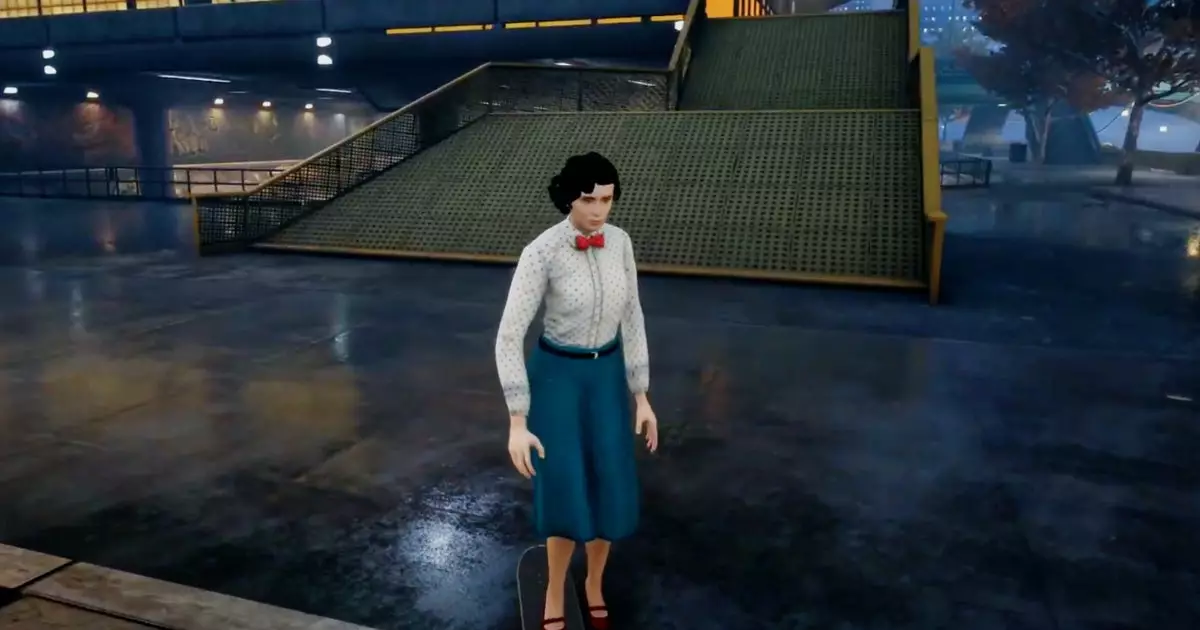In recent years, the gaming industry has experienced a renaissance fueled not only by technological advancements but also by an unprecedented wave of community-driven creativity. Titles like Tony Hawk’s Pro Skater 3+4 exemplify this shift—what was once a straightforward skateboarding simulation now becomes a sandbox for artistic expression, humor, and cultural mashups. This phenomenon underscores a vital truth: games are no longer static products but living platforms that thrive on community engagement. The release of these classics, augmented with early access and modding capabilities, signals a more inclusive and dynamic future for interactive entertainment. It invites players to transcend mere consumption and become co-creators, shaping game worlds with their imaginations.
Mods as Artistic and Cultural Statements
One of the most striking aspects of the modding scene is its ability to subvert and reimagine characters from different universes, giving them new life within familiar gameplay environments. Modders like Huckleberrypie are not merely adjusting skins—they are crafting multimedia mashups that reflect their personality, humor, and cultural critiques. Swapping out the original skateboarders with figures from Mafia games, Disney classics, or even fictional characters like Mary Poppins challenges traditional boundaries of genre and narrative. These mods serve as playful commentaries about our collective pop culture—placing a nanny with a skateboard in a park or turning Tony Soprano into a playable skater is both amusing and thought-provoking. Such acts demonstrate that community members are increasingly viewing games as canvases for personal expression, blurring the lines between gaming, art, and social commentary.
Humor, Nostalgia, and the Power of Subversion
What makes these modifications particularly compelling is their ability to evoke nostalgia while simultaneously injecting humor and absurdity. Take the example of Mary Poppins tearing up the park with her skateboard, a whimsical fusion that defies conventional expectations. The backstory crafted by the modder adds layers of storytelling that deepen engagement—transforming a fictional character into a symbol of resilience and unconventional artistry. This playful subversion reveals a broader cultural trend: the desire to revisit childhood memories while embracing a sense of irreverence. It also reflects an understanding that gaming communities value authenticity and humor, often preferring to reinterpret familiar identities in surprising ways. Such creative ventures reinforce the idea that gaming is not just about competition or storytelling but about crafting new narratives that celebrate humor, creativity, and cultural critique.
Community-Driven Innovation and Its Broader Implications
The rapid development of mods shortly after the official release demonstrates that modern gaming communities are vital engines of innovation. This collaborative environment fosters experimentation—ranging from simple skin swaps to sophisticated gameplay mechanics like free-roam cameras or custom restarts. The community’s eagerness to push boundaries often surpasses the original developers’ intentions, resulting in a vibrant ecosystem of innovation that keeps the game fresh long after its initial launch. This grassroots creativity also democratizes game development, empowering amateurs and enthusiasts to shape the gaming landscape without relying solely on studios. Such empowerment could signal a future where the best ideas originate from passionate communities rather than solely from corporate pipelines, fundamentally transforming how we think about intellectual property, ownership, and creative control in gaming.
The Reflection of a Culture in Motion
Ultimately, the prolific and eclectic modding scene is a mirror reflecting our cultural zeitgeist—an era characterized by remixing, humor, and boundary-pushing artistry. By integrating characters from vastly different worlds, modders cultivate a shared space of laughter and nostalgia, all while challenging norms. They elevate gaming from a passive activity into an active dialogue about identity, pop culture, and creative freedom. It’s clear that, in this landscape, the lines between player and artist are increasingly blurred—transforming gamers into cultural curators who redefine what it means to play and create.

